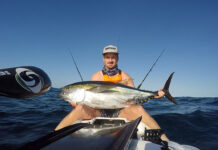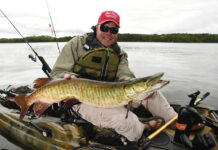
The sight of so much red in the whites of my eyes startled me. It was 5:20 a.m. and I was fifteen minutes into a drive to the Susquehanna River for the final day of a month long online tournament. I wondered, “Did I hit my eye in my sleep and burst a blood vessel?” Leaning forward to look closer into my rear view mirror while driving 58 miles per hour, I decided that it was just the cumulative result of too much fishing and not enough sleep.
I had spent a total of six nights and two days on Lake Marburg and another five days on the Susquehanna River in an effort to have the largest sum total of inches from three bass. At that moment, I held a tie for second place with a total of 61.75 inches: three smallmouth 21 inches, 20.5 inches and 20.25 inches. A 20.75 inch smallmouth would give me the lead. Actually, because the other angler who had 61.75 inches had one fish longer than any of mine, I was in third. In any case, I needed fish better than 20.25 inches to advance.
The month long competition had been marked by lead change after lead change. Thanks to an online “live scoring” board, all 52 anglers in the Mid Atlantic Kayak Bass Fishing July Challenge could keep track of who caught what and when. Many anglers, like Alberto Tabian and Dave Thompson fished through the week after work each day, so the action was far from limited to the usual weekend trips. I had been tied for first early in the month, once in a three way tie.
Posting on Facebook, tagging the other two anglers I was tied with, I called them out, saying “Come on Chris Watts and Matt Yuschak, someone needs to break this tie!” Matt obliged rather quickly with another largemouth over 20 inches. I asked for it. Jeffrey Rabbit quickly made that lead change meaningless with the first total over 60 inches.

My own focus early in the month was on largemouth. One particularly large fish from day three at 11:34 p.m. is still haunting me. I knew that I had to throw something that would be heard and tracked by only the largest bass while fishing at night. The near full moon was obscured by overcast skies. I chose a River2Sea Whopper Plopper. It enters the water with the force of someone dropping a brick out of an airplane. It then proceeds to travel across the surface with the sort of water sputtering that could be replicated with a gas powered weed whacker. It doesn’t usually get bit unless it’s by something huge.
A huge something took it under following a shoreline cast. I could feel it dive into submerged weeds, and by the way it readily pulled my drag while pulling my kayak out into deeper water, I assumed that it was one of the many Musky in Lake Marburg. I sort of thought, “This will be interesting – my first Marburg Musky. I’ll release it and get back to trying for a big bass.” By the time I brought the fish to the side of the kayak, I clicked on the little LED light clip on the brim of my baseball cap.
Turning to get the first glimpse of the toothy critter, I instead saw green, white and a well defined big black blotchy stripe. Reaching for my net, I could feel an early tournament lead coming on. As the net dipped into the water, the big plug popped up, the fish faded into the dark lake. A smothering feeling of despair washed over me. This wasn’t the last, “If I could have only landed that fish” moment of the tournament, but it was the worst.
By the last day, I had given up on largemouth. I’m just a better smallmouth than largemouth angler. On each of the first few trips to the river, I caught a 20 inch or better smallmouth. My total grew, but I never quite got back to the lead, or a tie for the lead. A second place tie was all I could muster, but the lead always seemed to be a quarter or a half an inch away.
My total of 61.75 was built upon a bottom bashing crankbait bite. It catered to the river smallmouths propensity to forage on the crawfish that seem to inhabit every third rock on the bottom of that river. Dave Thompson and I discussed the forage base on one of our many phone calls about the tournament standings throughout the month. He summed up why the Susquehanna grows so many big smallmouth with this analogy; “If I lived in a house that had a plate of chocolate chip cookies on every counter, chair, bookshelf or table top, I would get big and fat too!”

The trip I took two days prior had me second guessing the pattern. I crankbaited one area that had previously produced for four hours without a bite. Nagging doubt of a pattern fading out is the kind of psychological curse that can send a tournament angler into a spin out. I was there. By 8:00 a.m. that last day of the tournament, I was doubting the crank bite enough that I switched to deadsticking soft plastics. By 10:00 a.m. I doubted if I could catch the same big fish I did 10 days prior in higher water.
I called my buddy Jed, starting the phone conversation with an open admission of defeat, “Dude, I need a pep talk.” He talked about the area I was in, and the fish that had been caught there on previous trips. He reassured me that they tend to move through in groups, and that they just hadn’t started their milk run of forage spots. I believed him, and knew it myself. But somehow hearing someone say those things quieted the internal conversation of nagging doubt that was eroding my confidence.
I went back to deadsticking soft plastics and in short order had a nice 18.75 incher. It wasn’t a fish that would cull a 20.25 incher, but it woke up my focus. The only problem was that finesse presentations take time, and I could feel my chances at winning the event slipping. By 3 p.m. I went back to power fishing the crankbait in the fastest moving water I could find, immediately downstream of a ledge drop.
The hit that came next was as forceful as I’ve felt in a long time. In the back of my mind, I kind of knew that the quality of the hit was somehow different than that of a smallmouth. I hoped that it was a big brown bass, but when it finally came to net, it was a big brown 30 inch flathead catfish – a conciliation prize of a nice dinner even if I didn’t win.
Within ten minutes another hit came, but this time I knew it was a smallmouth because it launched out of the water and threw the bait. I wondered if it was a 20.5 or larger fish. Next came a fish that I had to measure to find out. On the Hawg Trough, it’s tail swept even with 20 inches even. It went back into the river without celebration. On the very next cast, I brought a fish in the 19 inch range close to the boat, and intentionally shook it off so that I could get back into the wolfpack of big fish that had arrived. Three casts later, another big fish pulled me down below the big whitewater eddy. I netted it, measured it at 20.25, snapped a quick picture on the measuring board just to prove to all of Facebook how close I was coming without actually doing it.
The odd thing about these events is the difference in how a 20 plus inch fish is regarded based on what you need to cull. Usually, I take time to photograph such a big fish by putting the fish on a Boca Grip, allowing it to catch it’s breath under my kayak, setting up my camera and getting a respectable shot. These two 20 plus fish were dispensed with in under 20 seconds once I knew that they couldn’t cull.
Thirty minutes passed and I figured that the pod of big smallmouth had moved on to other places they knew they could munch crawfish without being harassed. I took a phone call from my wife and told her that I would be heading home soon. I wasn’t quite at the point of calling “last cast”, but I was nearing it when things changed again.
Some memories are linked to a certain smell, like the odor of smoke from blown out birthday candles when you turn five. Other’s are linked to sound, like a favorite song played too many times at beach week after your senior year of high school. This memory was linked to sight – the sight of a monstrous smallmouth launching high enough out of the water that it’s 21 inch, near five pound frame eclipsed the lane of reflected sunlight that had me squinting.
The fight was impressive too. The memory of muscle fibers in my forearm burning from holding the bent rod steady against that big fish catching a strong lane of current will stick with me a while as well. I netted, unhooked and hunched over the fish, fearful of a last ditch effort to jump out of my kayak. A quick measurement on the board let me know that I had the lead.
I took my shots, posted the photo to Facebook to brag a little, then uploaded to the shot of the fish on the board with my identifier to kayakfishingseries.com. Remember that “smothering feeling of despair” that washed over me early in the tournament with the lost fish? That sort of thing happened again when I saw that Alberto Tabian had taken the lead some time earlier in the day, and still had me by a quarter inch. I was at 62.5 inches, and he was at 62.75 inches. After a quick Facebook update to correct my assumption of taking the lead, I got back to casting.
I ended up driving home, content with knowing that I had a second place win all but locked up. The cool thing about these types of tournaments is that there is no limitation on how long you fish, or where you fish. I took vacation days to fish this tournament, stayed out until 1 a.m. then went into work red eyed the next day six different times. I fished the best water I knew. There was no 2:30 p.m. weigh in time. There was no “out of bounds”. I could fish where I wanted, for as long as I wanted. The only problem was that so could everyone else.
When I checked the standings at 11:34 p.m. that night, two more entries had shaken things up. Jeffrey Rabbit posted up another 20 inch smallmouth, moving into fourth place, and I had been bumped from second to third place by Matt Yuschak’s 22.5 inch largemouth. I just shook my head and laid down for some badly needed sleep.
This was my first online tournament. It’s frenetic pace over the course of 31 days remind me of a marathon compared to the one day tournaments, which are more like a 40 yard dash. I fished harder than I have in years. I neglected so many things including family, work, my businesses and sleep to chase a win.
I’ve caught three smallmouth 20 inches or better in a day before, but this was the first time I’ve done it in July. At least for a month, it changed me. I transitioned from a finesse angler who can spend 3 hours on a spot with the faith that I’ll get the one bite I want, to one who whips the water to a froth with power presentations, and second guesses if I’m doing the right thing for the next big bite.
It forced all of us to figure out which of the places we fished was the best for big fish, apply the most effective presentations, and keep pounding for 31 days and nights. It made us all better anglers. I’m ready to relax now, and soak bait…. I think.






